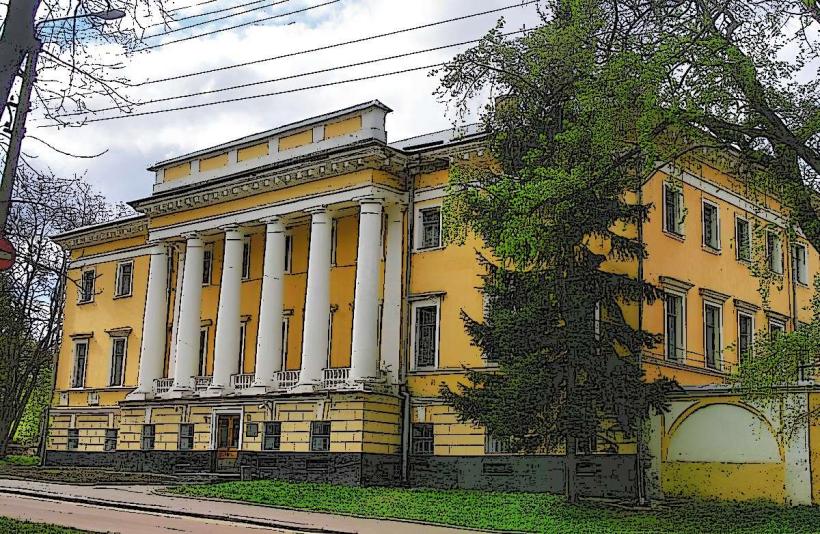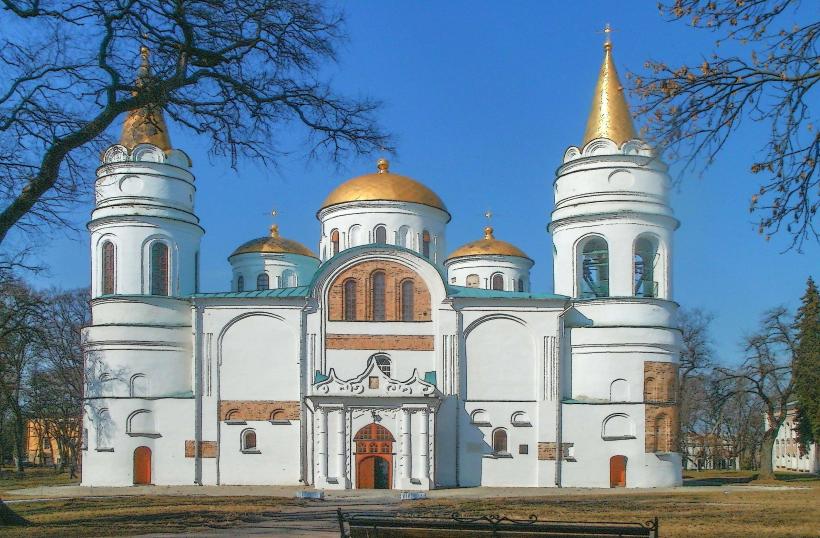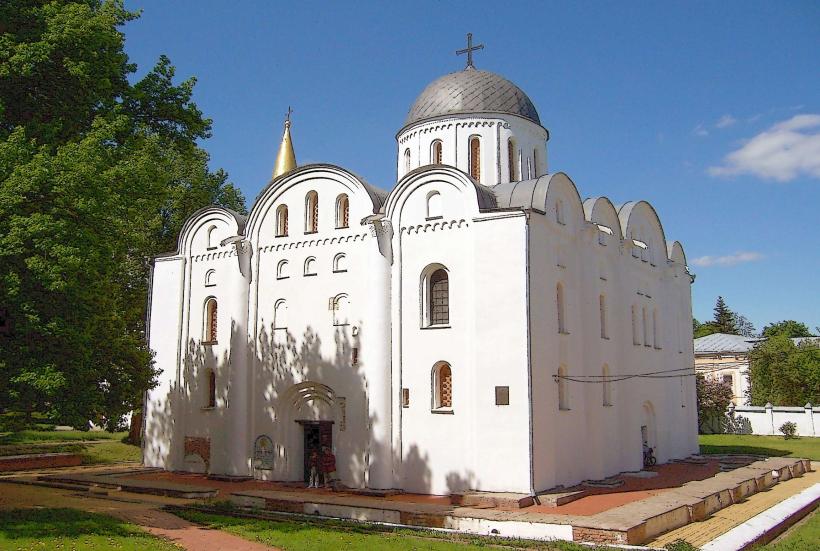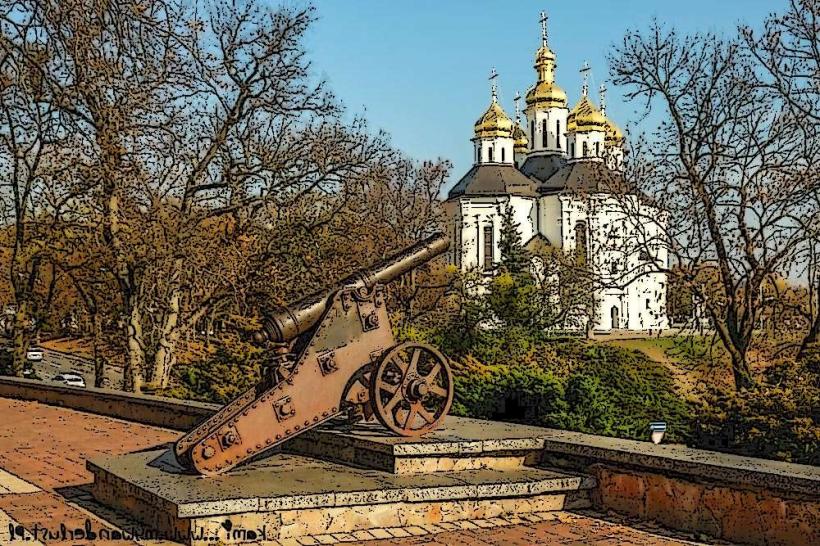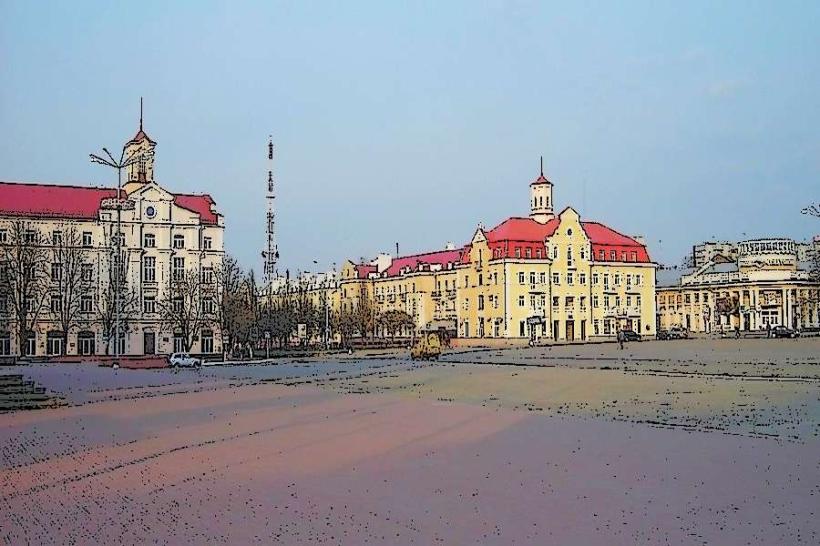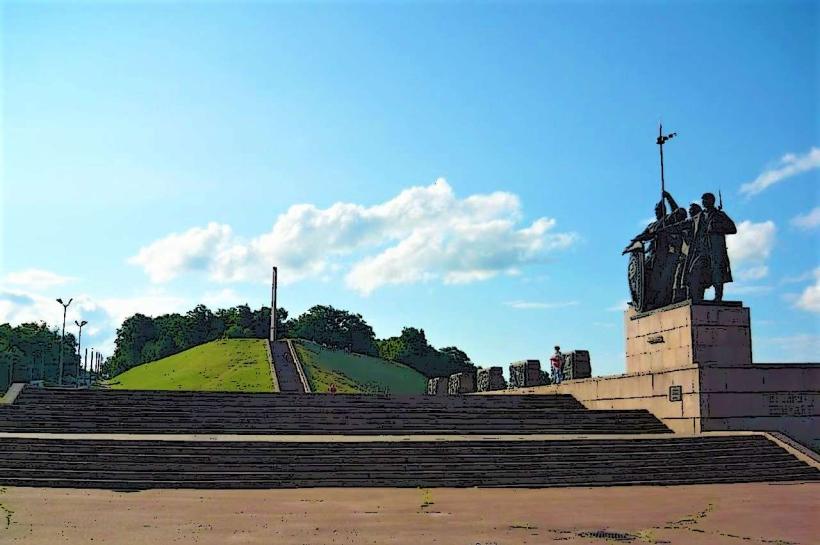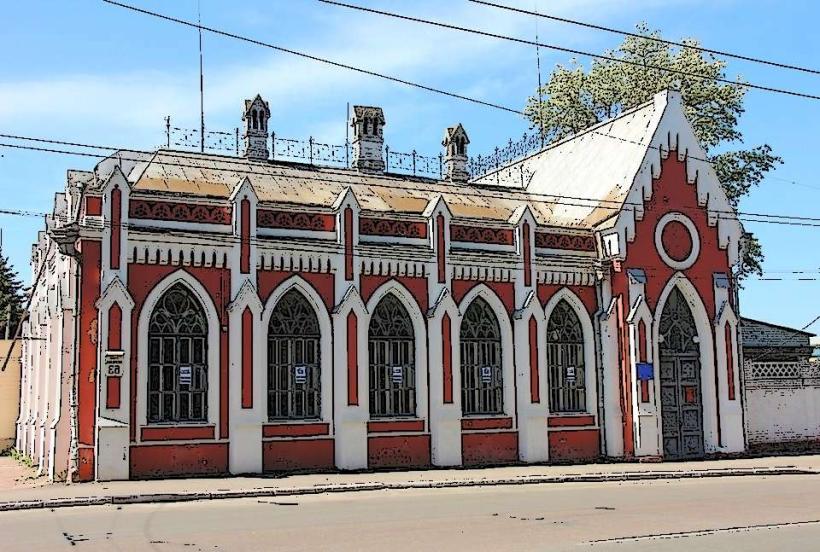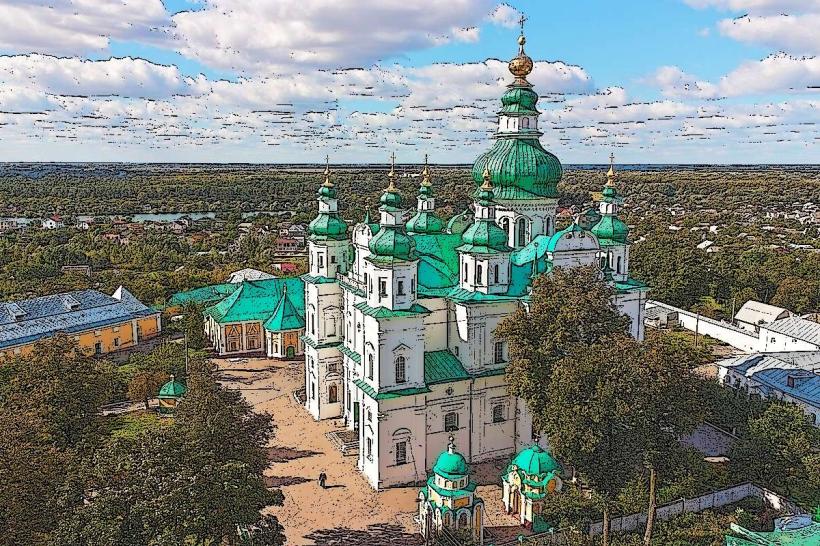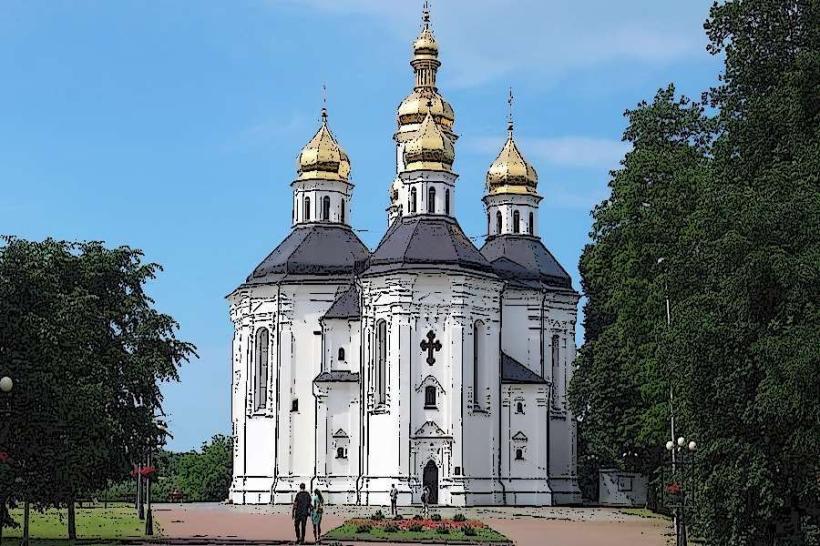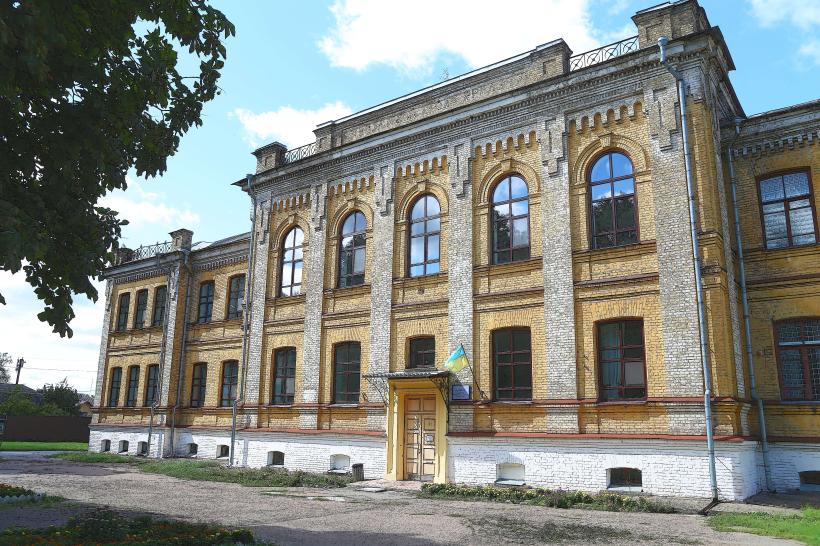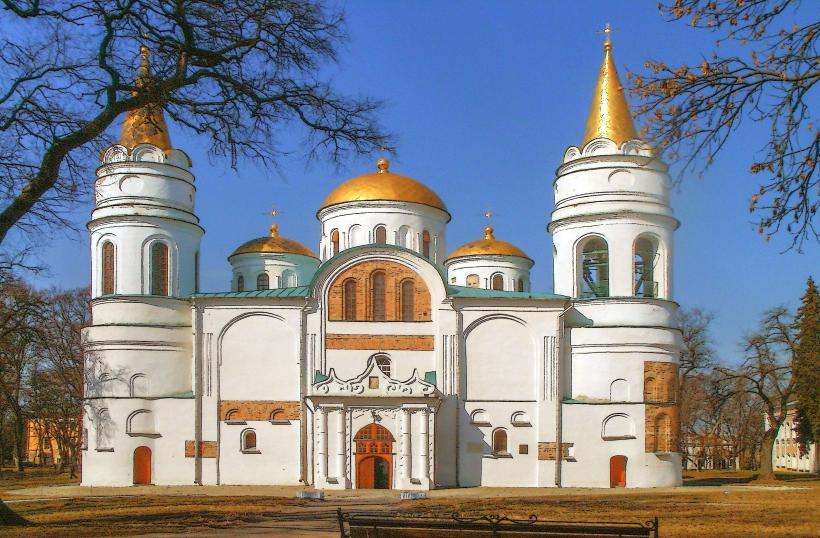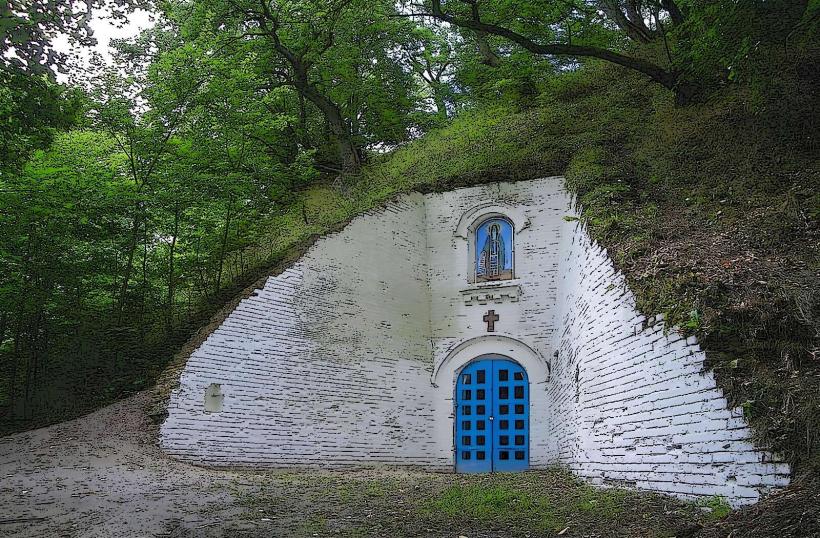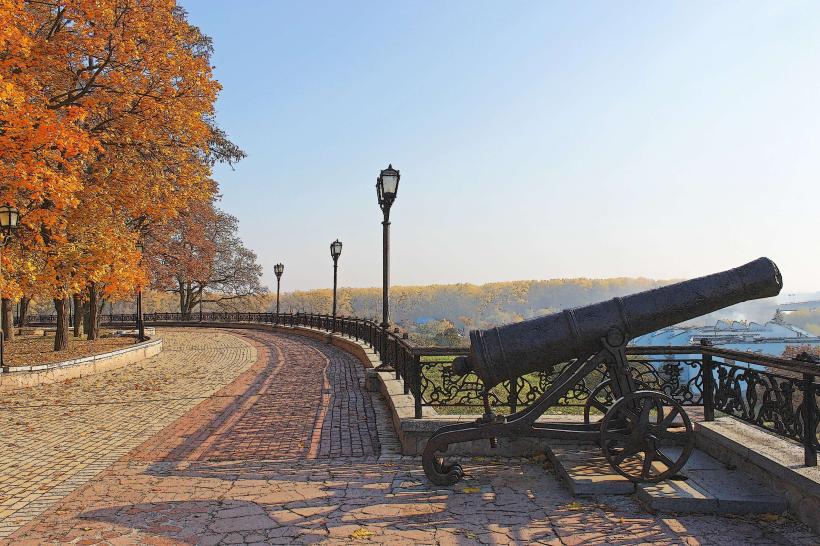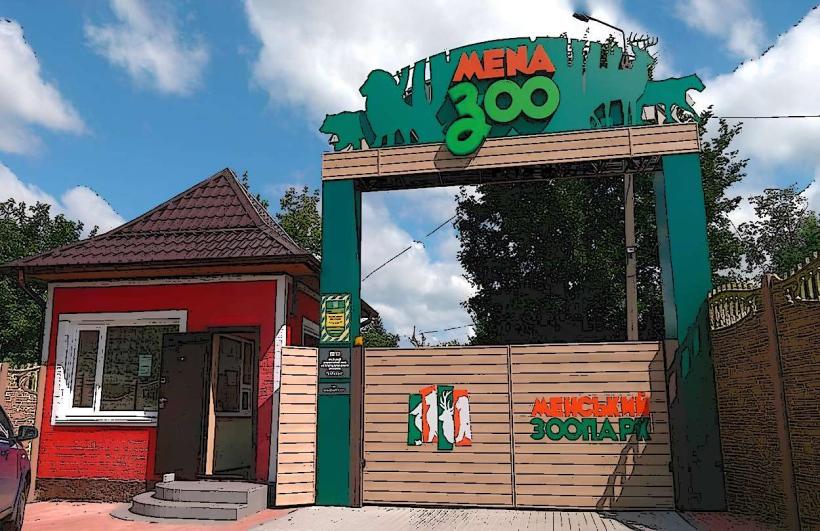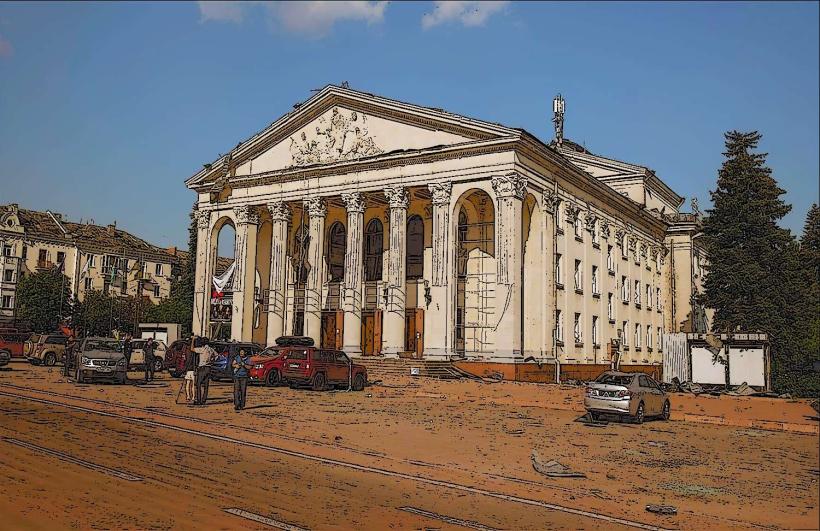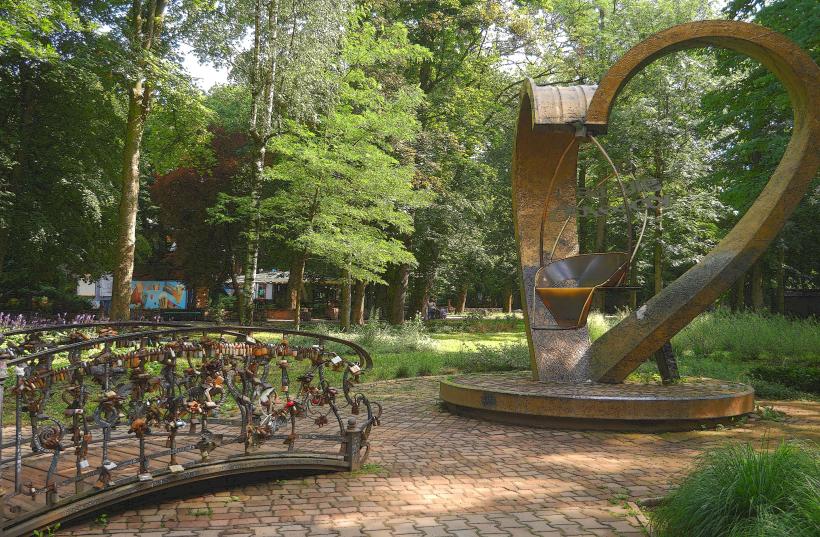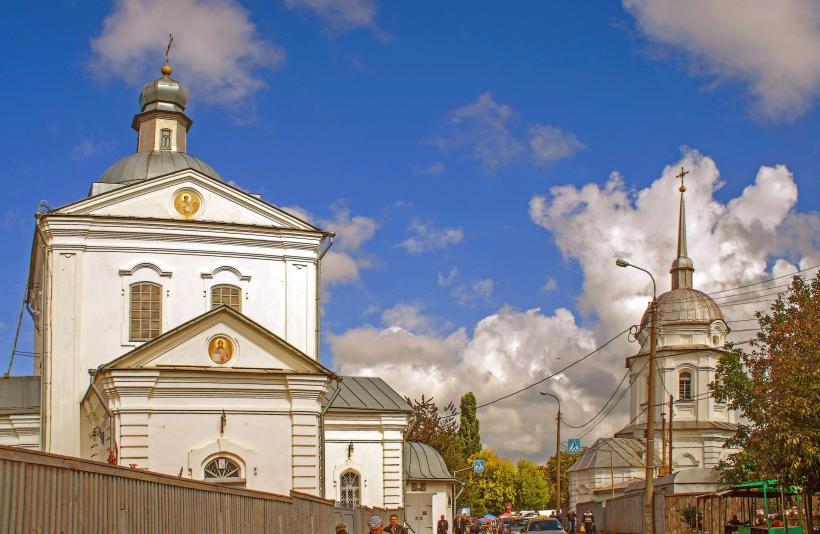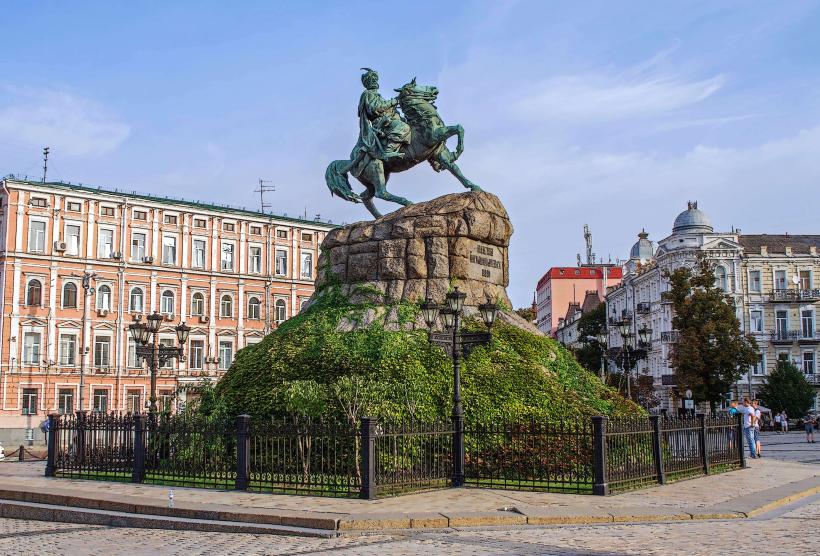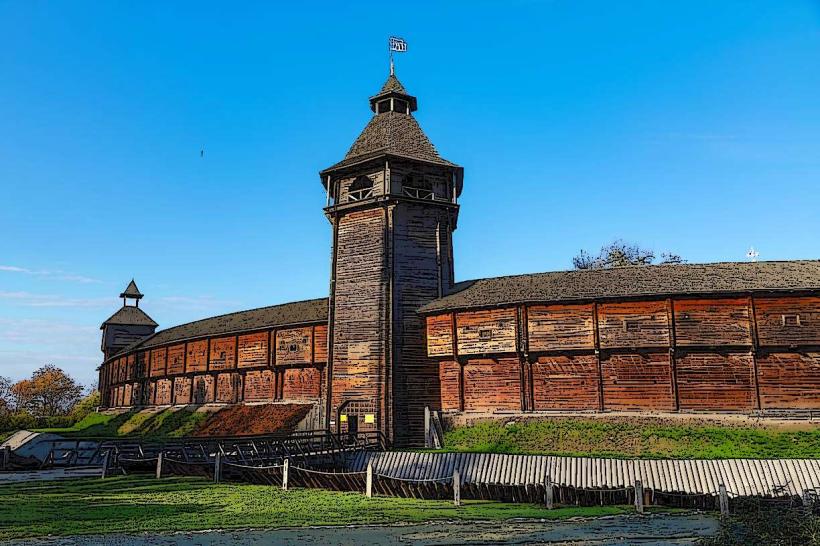Information
Landmark: Church of St. ParaskevaCity: Chernihiv
Country: Ukraine
Continent: Europe
Church of St. Paraskeva, Chernihiv, Ukraine, Europe
The Church of St. Paraskeva is a religious structure located in Chernihiv, Ukraine.
This Orthodox church is situated within the Chernihiv Dytynets, the city's historic citadel.
Visual Characteristics
The church is constructed from red brick. It features a single dome and a rectangular plan. The exterior walls are unadorned, with simple arched windows. The dome is bulbous and painted a dark color.
Location & Access Logistics
The church is located within the Chernihiv Dytynets, accessible from the city center via vul. Myru. The Dytynets is a pedestrian-only area. Parking is available on surrounding streets outside the Dytynets perimeter. Public transport routes serving the city center include bus lines 1, 2, 5, and 11, with stops within a 5-minute walk of the Dytynets entrance.
Historical & Ecological Origin
The current structure was built in the 17th century, likely between 1670 and 1690. It replaced an earlier wooden church. The original purpose was as a parish church for the merchants and artisans residing in the Dytynets.
Key Highlights & Activities
Observation of the architectural design. Interior viewing is permitted during scheduled service times. Photography of the exterior is allowed.
Infrastructure & Amenities
Restrooms are not directly within the church but are available in the Dytynets park area. Shade is provided by surrounding trees. Cell phone signal (4G/5G) is generally available. No food vendors are located directly at the church; options are available in the nearby city center.
Best Time to Visit
For exterior photography, morning light (approximately 8:00 AM - 10:00 AM) provides direct illumination. For interior viewing, visit during daylight hours when services are not in progress. Spring (April-May) and Autumn (September-October) offer moderate temperatures.
Facts & Legends
A local account suggests that during the Soviet era, attempts to demolish the church were met with unexpected structural resistance, leading to its preservation.
Nearby Landmarks
- Chernihiv Ancient History Museum (0.1km West)
- Transfiguration Cathedral (0.2km North)
- Bohdan Khmelnytsky Park (0.3km South)
- National Architectural and Historical Reserve "Chernihiv Ancient" (0.05km East)

